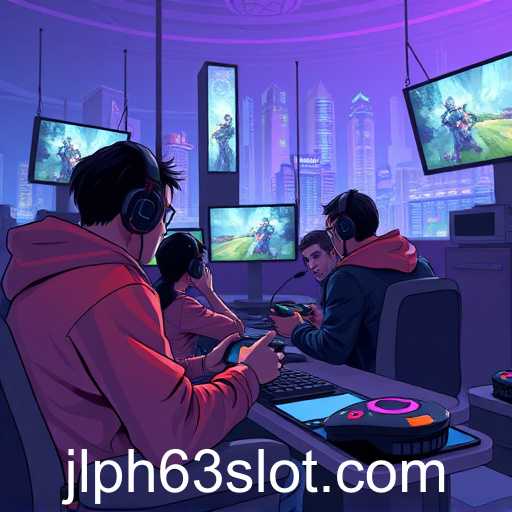In the year 2025, the online gaming industry has reached unprecedented heights. Platforms like 'jlph63' have emerged as key players, drawing significant global attention. With advanced graphics and immersive storylines, these games are pushing the boundaries of digital entertainment and reshaping the landscape of leisure activities worldwide.
One driving factor behind the surge in online gaming popularity is the increasing accessibility to high-speed internet across various regions. This has enabled gamers from all walks of life to engage in these virtual worlds without disruption. Moreover, technological advancements have allowed for real-time multiplayer experiences, enhancing the social aspects of online gaming communities.
According to recent reports, 'jlph63' has seen exponential growth in its user base, attributed to its unique blend of gameplay mechanics and interactive features. It is not just a game but a thriving community where users can interact, share, and create content together, breaking the monotonous boundaries of traditional gaming.
The impact of platforms like 'jlph63' extends beyond entertainment. They have also become hubs for social interaction and educational opportunities. Many users have reported learning new skills through strategic gameplay or in-game communication, indicating a shift in how digital platforms can contribute to personal development.
As we delve further into 2025, the dynamics within these gaming communities continue to evolve. They are heavily influenced by current global events, as developers incorporate real-world scenarios and themes into their games, engaging users in more meaningful ways. Meanwhile, ongoing debates around the regulation and ethical aspects of these platforms pose challenges and prompt necessary discussions on the future of online gaming.
The growth of 'jlph63' and similar platforms highlights the importance of understanding this evolving digital culture. As these communities expand, so too does their influence on various aspects of society, from entertainment and education to socialization and cultural exchange. Moving forward, stakeholders in the gaming industry, policymakers, and users alike will need to navigate this ever-changing landscape carefully.








